Basic Sciences are curiosity-driven sciences. However, even if curiosity is by itself a highly valuable self-sufficient motivation, basic sciences are not just studied for the sake of curiosity: they have a fundamental role in our lives. They enable the necessary means and tools to address global socio-economic and environmental challenges, such as the water crisis, infectious diseases, ocean deoxygenation and climate change.
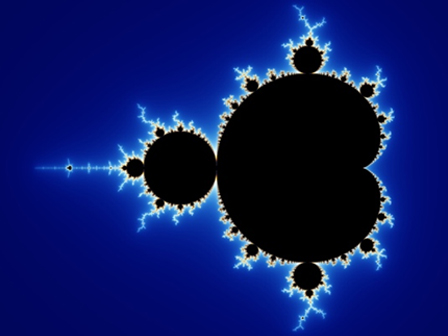
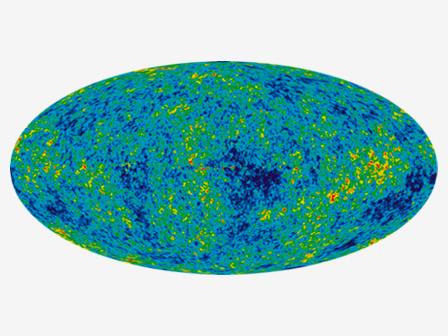
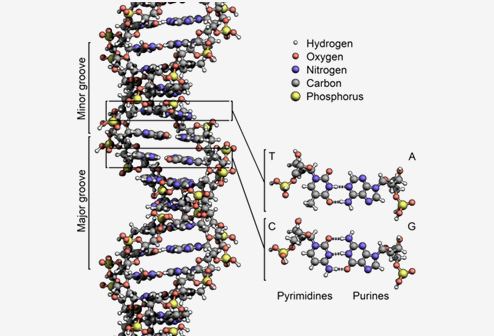

Despite this, the crucial role of basic sciences is often poorly appreciated, if at all. Further awareness of the critical function of basic sciences needs to be built amongst relevant stakeholders including policy-makers, business and industry, international organizations, philanthropic foundations, university teachers and students, media, and the broader public.
Increased awareness of basic sciences is expected to lead to increased opportunities for new discoveries which can improve human well-being within the framework of sustainable development.
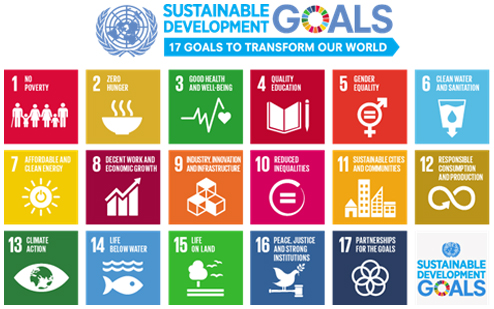
The 2030 Agenda, with its Sustainable Development Goals (SDGs), is the roadmap to global well-being for current and future generations. The SDGs indicate the directions towards better education opportunities, gender equality, clean water, affordable and clean energy, and a healthy environment, among other things. Basic sciences can help identify mechanisms to correctly use knowledge and carry out technology transfer. They can also enable international research cooperation and dialogue across disciplines and across countries, including developing countries.
The year 2022 marks the centenary of the Nobel Prize award in 1922 to Niels Bohr (Denmark) “for his services in the investigation of the structure of atoms and of the radiation emanating from them”, as well as the centenary of International Union of Pure and Applied Physics (IUPAP) established in Belgium in 1922.
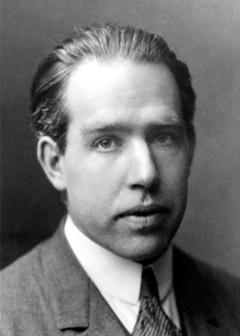
By The American Institute of Physics credits the photo [1] to AB Lagrelius & Westphal, which is the Swedish company used by the Nobel Foundation for most photos of its book series Les Prix Nobel. – Niels Bohr’s Nobel Prize biography, from 1922, Public Domain, https://commons.wikimedia.org/w/index.php?curid=288274
The first General Assembly of the IUPAP took place in Paris in 1923. The original schedule had to be changed due to the COVID19 pandemic. The steps taken so far and those foreseen include:
- 2019: Formal approval by the General Conference of UNESCO
- 2021: Approval by the UN General Assembly
- 2021-2022: Detailed Preparation of Regional and International events.
The year will be structured around different events addressing, inter alia, the following cross-cutting themes:
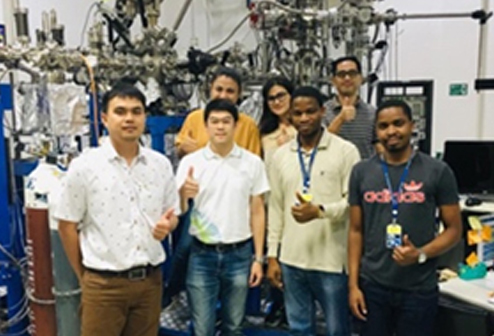

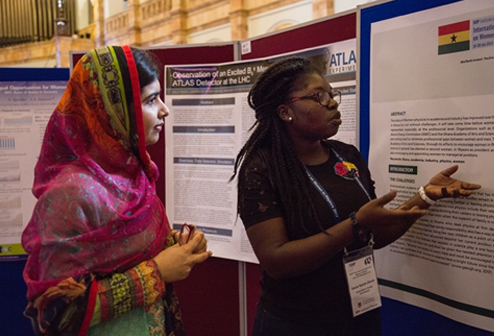
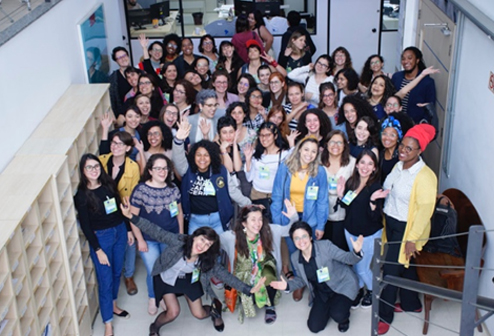
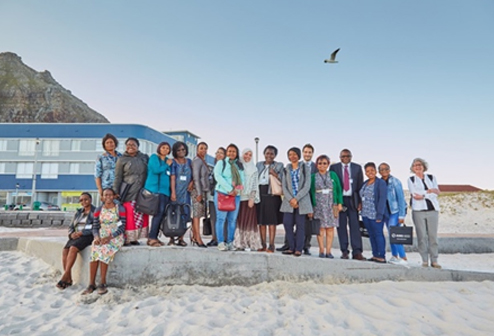
The activities will build on the achievements of the 2005 International Year of Physics, the 2009 International Year of Astronomy, the 2011 International Year of Chemistry, the 2014 International Year of Crystallography, and the 2019 International Year of the Periodic Table of Chemical Elements. Events and activities will engage scientists, students, policy-makers, citizen scientists, journalists and communication experts, and people curious about curiosity-driven sciences.
The IYBSSD is a global event which will take place in different countries and online, including via social media. The year will be structured around different events starting with an opening event.
- IYBSSD will promote Open Science, specially in the domain of Curiosity Driven Sciences. This will allow free access to Universities to all published material and data in Basic Sciences.
- IYBSSD will promote inclusive collaboration in Fundamental Research (teams from developed countries together with teams from developing countries, gender balance…)
- IYBSSD will promote training and education to Basic Sciences and the organization of major conferences in developing countries
The idea for IYBSSD was put forward by the representative of the International Union for Pure and Applied Physics (IUPAP) at the 10th Scientific Board of the International Basic Sciences Programme (IBSP) of UNESCO in January 2017. The proposal was well received by the Board, and has since received endorsement by many organizations.
The UNESCO General Conference approved unanimously the resolution 40/C 76 declaring 2022 as IYBSSD in November 2019. On 2 December 2021, the United Nations General Assembly approved by consensus the resolution 76/A/L.12 promulgating the year 2022 as the International Year of Basic Sciences for Sustainable Development (IYBSSD2022). The resolution was proposed to the United Nations General Assembly by Honduras, and co-sponsored by 36 other countries.
If you would like to join us in the preparations (e.g., via sponsorships, partnerships, ideas, and event-hosting) for an amazing International Year of Basic Sciences for Sustainable Development, please visit the website of IYBSSD.




